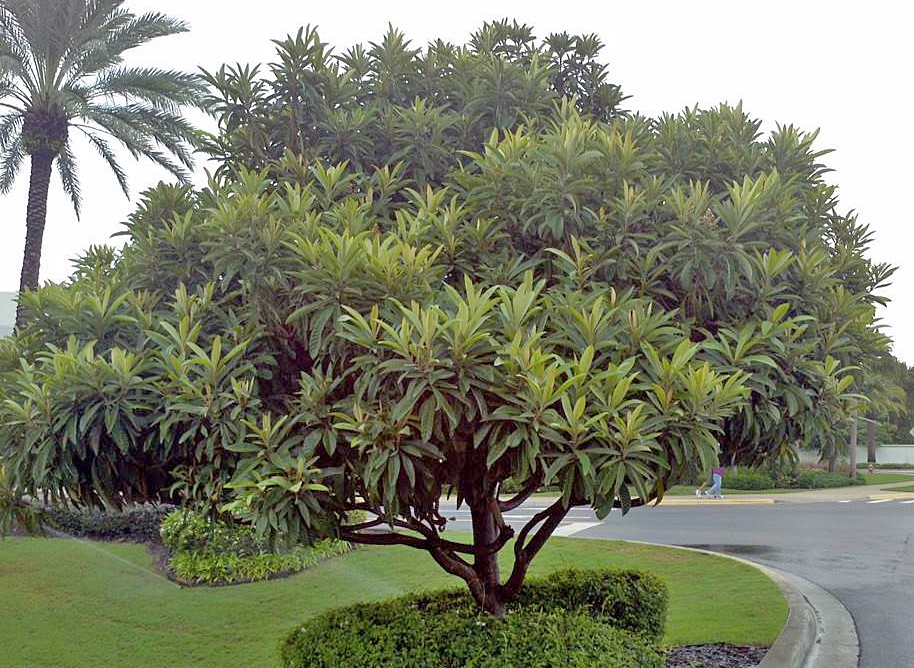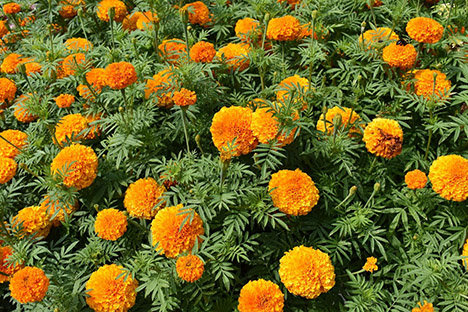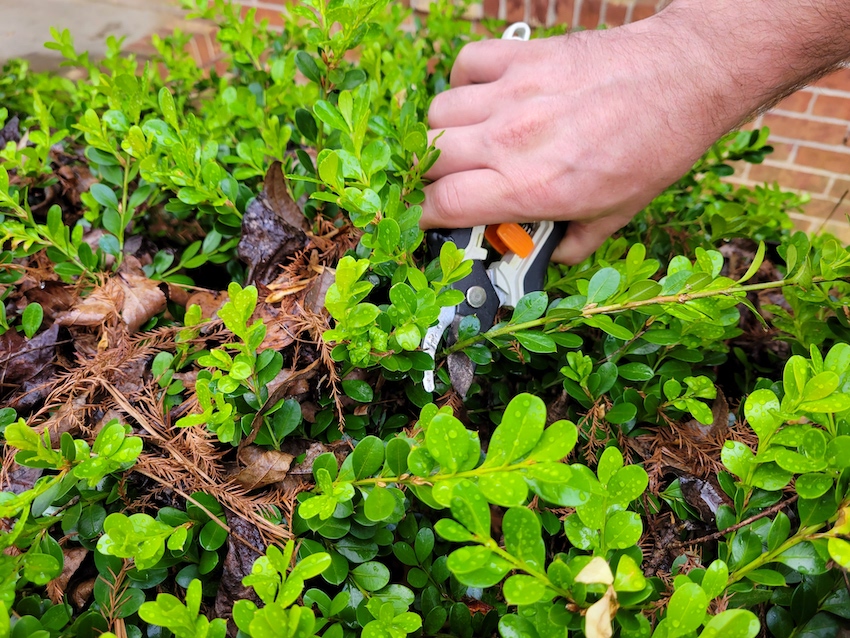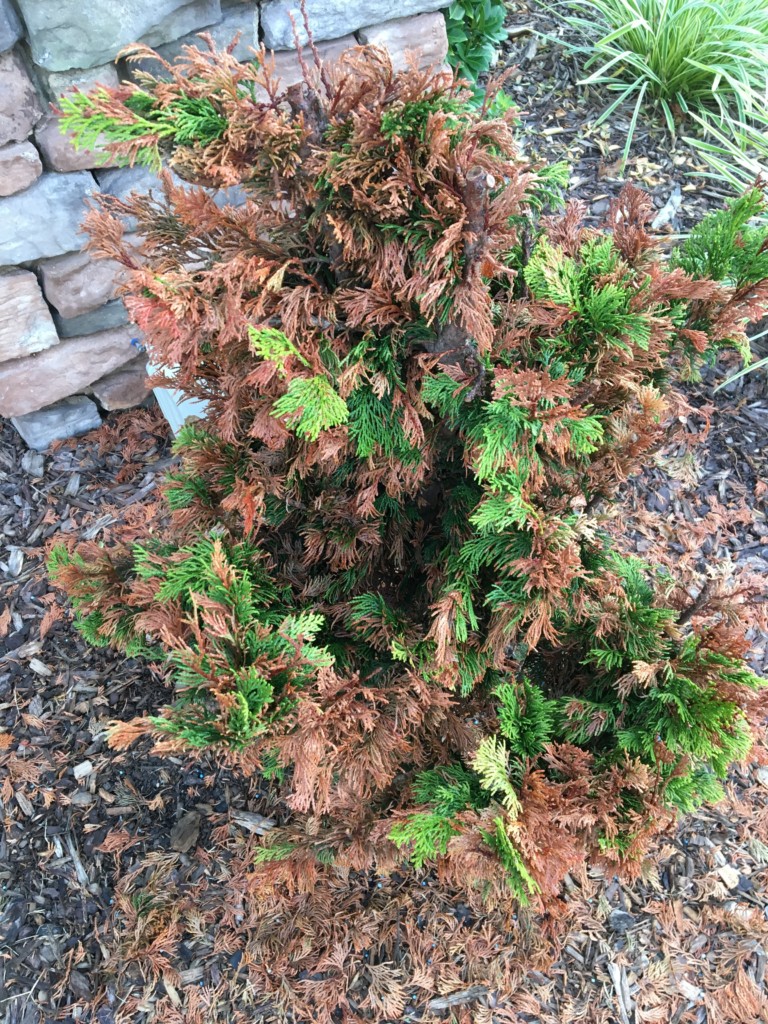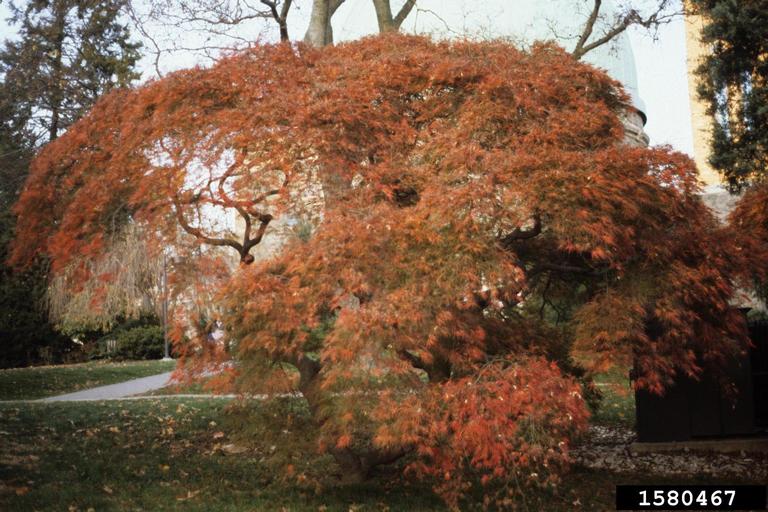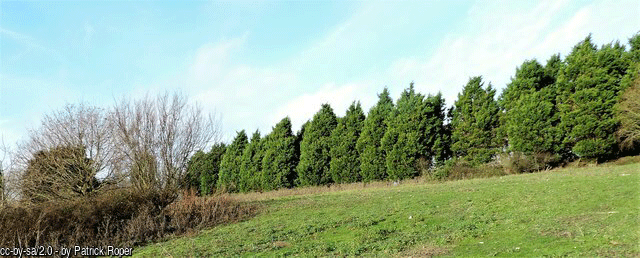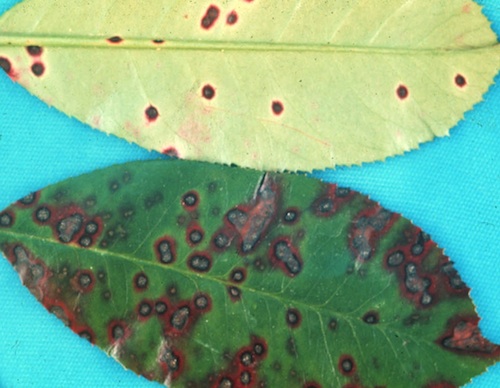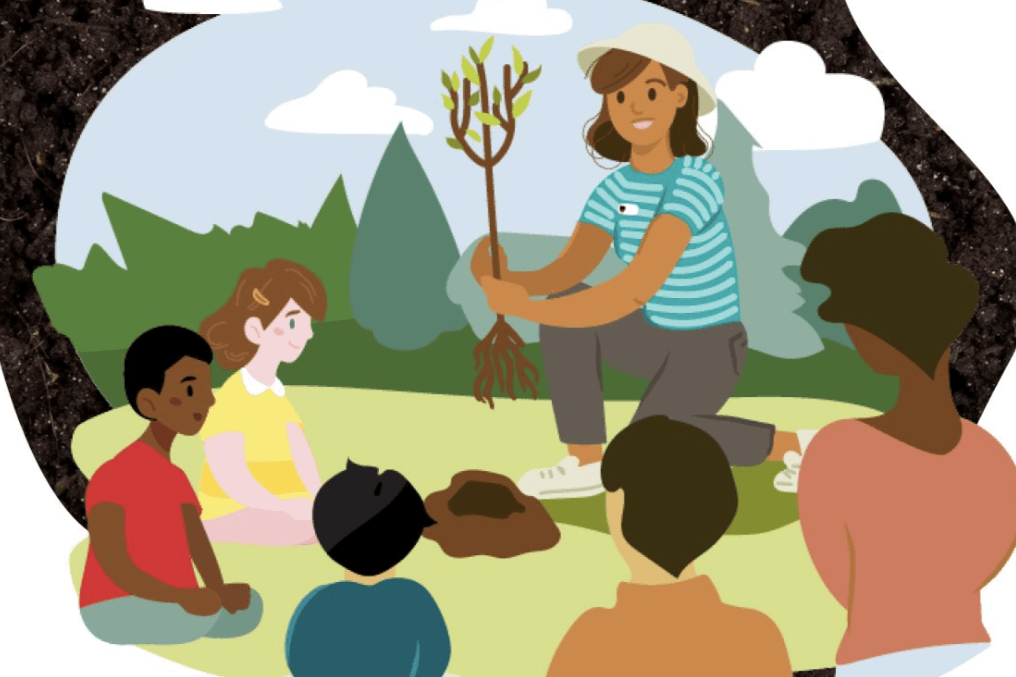 CAES News
CAES News
Master Gardeners Golden Jubilee
What began decades ago as an experiment in horticultural education is still going strong — and celebrating 50 years of public service. Offered through local Extension offices all across the country, the national Extension Master Gardener program brings together local gardeners with a passion for educating others and land-grant universities to help spread the most up-to-date research and information on gardening and horticulture.

.jpg)
